Do you want to boost conversions and drive more sales for your online business? Understanding transactional keywords is the key! Transactional keywords, with their intent to buy, play a crucial role in optimizing your website for search engines and attracting potential buyers.
Transactional keywords are the driving force behind conversions. These keywords indicate that users are ready to make a purchase or take a specific action.
By strategically incorporating transactional keywords throughout your website’s content, meta tags, headings, and URLs, you can improve your search engine result pages (SERPs) visibility and increase the likelihood of capturing interested buyers.
Transactional keywords come in various types and cater to different stages of the buyer’s journey.
Whether it’s “compare,” “buy,” or “step-by-step guide,” each keyword represents a specific intent type that aligns with the needs and preferences of potential customers.
Understanding these different types allows you to tailor your content accordingly and provide valuable information at every step of the buying process.
So, if you want to enhance your online presence, attract high-volume traffic from people actively looking to make a purchase, and increase conversion rates on your website – stay tuned!
We will explore examples of transactional keywords in action and discuss how they can make a significant difference for your online business.
What are Transactional Keywords?
Transactional keywords are crucial in driving targeted website traffic and optimizing online conversions. Understanding the characteristics and significance of these keywords is essential for any business looking to boost its online presence and increase sales.
Definition and Characteristics of Transactional Keywords
Transactional keywords are search terms that indicate a user’s intention to complete a specific transaction or take a particular action.
These keywords often include words such as “buy,” “purchase,” “order,” or other actionable verbs. They are typically associated with commercial intent, indicating that the user is ready to make a transaction rather than seeking general information.
Unlike informational or navigational keywords, which focus on gathering knowledge or finding specific websites, transactional keywords have a more direct purpose. They target users who are actively seeking products, services, or solutions and are ready to engage in some form of transaction.
Examples of Common Transactional Keywords
To better understand transactional keywords, let’s explore some examples:
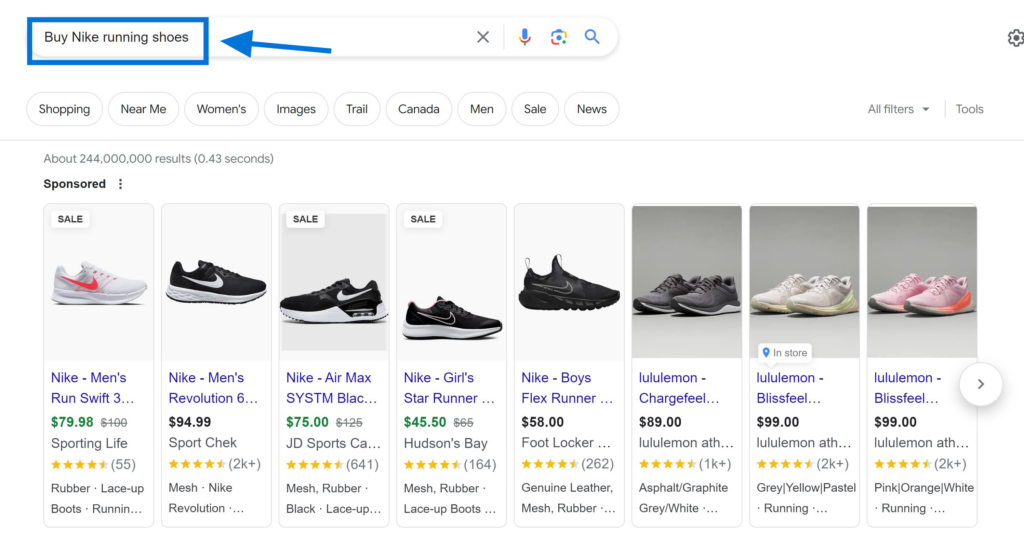
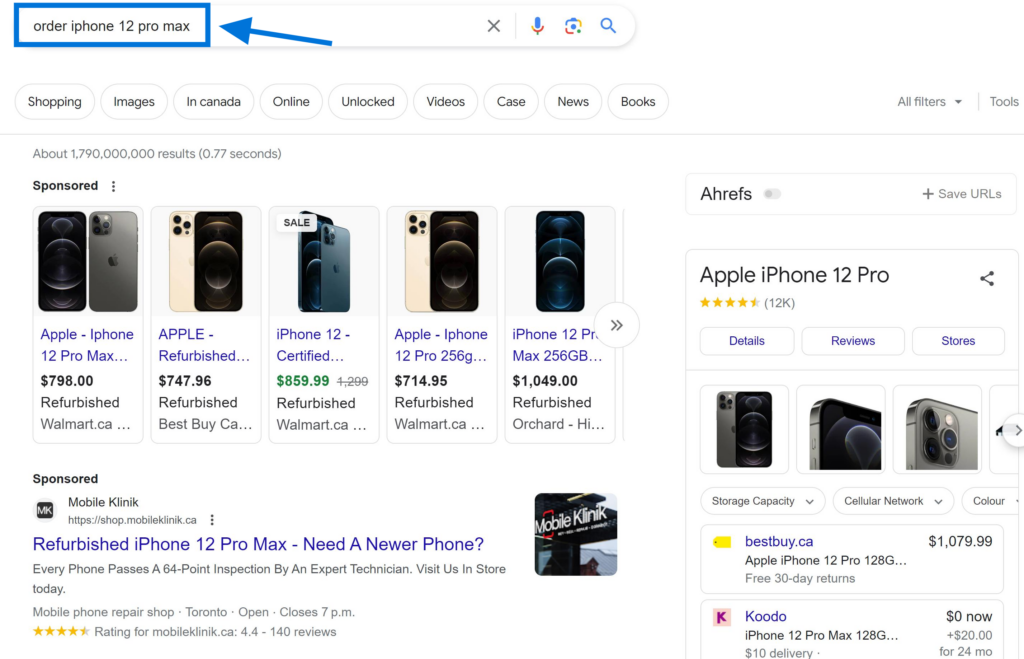
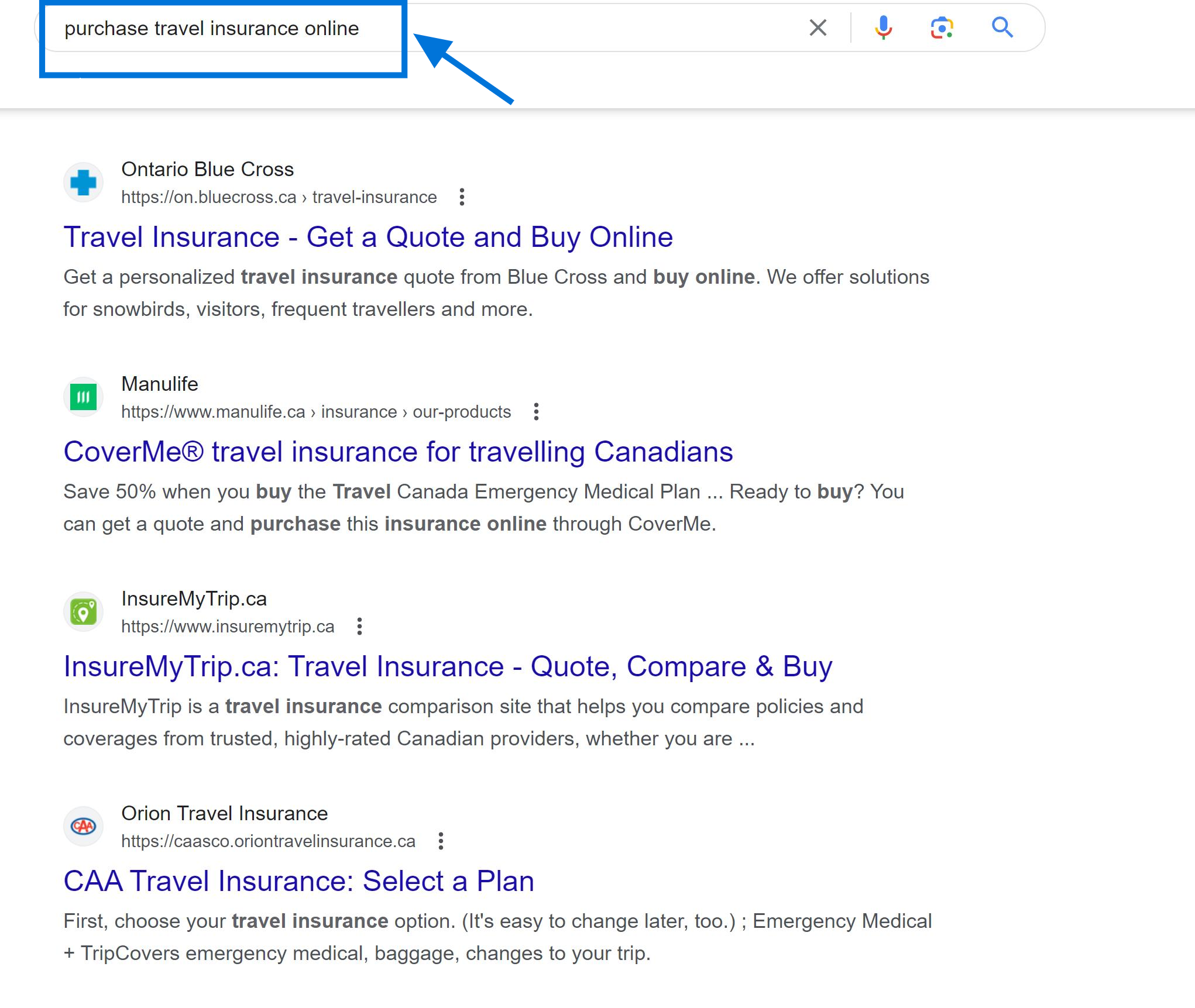
These phrases clearly demonstrate the intent behind the user’s search – they are looking to make a purchase or complete a specific action related to their needs.
How Transactional Keywords Differ from Informational and Navigational Keywords
While all three types of keywords serve different purposes, it is important to distinguish between them:
- Informational Keywords: These keywords aim at acquiring knowledge or answers to specific questions. For example: “How does solar energy work?”
- Navigational Keywords: Users employ navigational keywords when they want to find a particular website or web page. For example: “Facebook login page.”
In contrast, transactional keywords signify an immediate intent to take action. They go beyond seeking information or locating websites by targeting users who are ready for transactions.
The Intent Behind User Searches with Transactional Keywords
When users search with transactional keywords, they have a clear objective in mind. They are actively seeking to make a purchase, sign up for a service, or complete another type of transaction. These users are often at the bottom of the sales funnel and ready to convert.
Businesses that effectively target transactional keywords can capture this high-intent traffic and increase their chances of converting visitors into customers.
By optimizing their website content and advertising campaigns around these keywords, businesses can attract qualified leads who are more likely to engage in transactions.
The Significance of Transactional Keywords
Contribution to Sales and Revenue Generation
Transactional keywords play a crucial role in driving sales and revenue generation for businesses. These specific keywords are used by consumers who are ready to make a purchase or engage in a transaction. Targeting transactional keywords allows businesses to tap into the high-intent user base actively seeking products or services.
Users searching for transactional keywords have already progressed through the earlier stages of the buyer’s journey. They have identified their needs, conducted research, and are ready to act.
By optimizing content around these keywords, businesses can position themselves directly in front of potential customers at the point of conversion.
Targeting High-Intent Users
One of the key advantages of transactional keywords is their ability to target high-intent users. These users have moved beyond general information gathering and are actively looking for ways to fulfill their specific needs or solve a problem.
By aligning content with transactional keywords, businesses can attract users who are more likely to convert into paying customers.
For example:
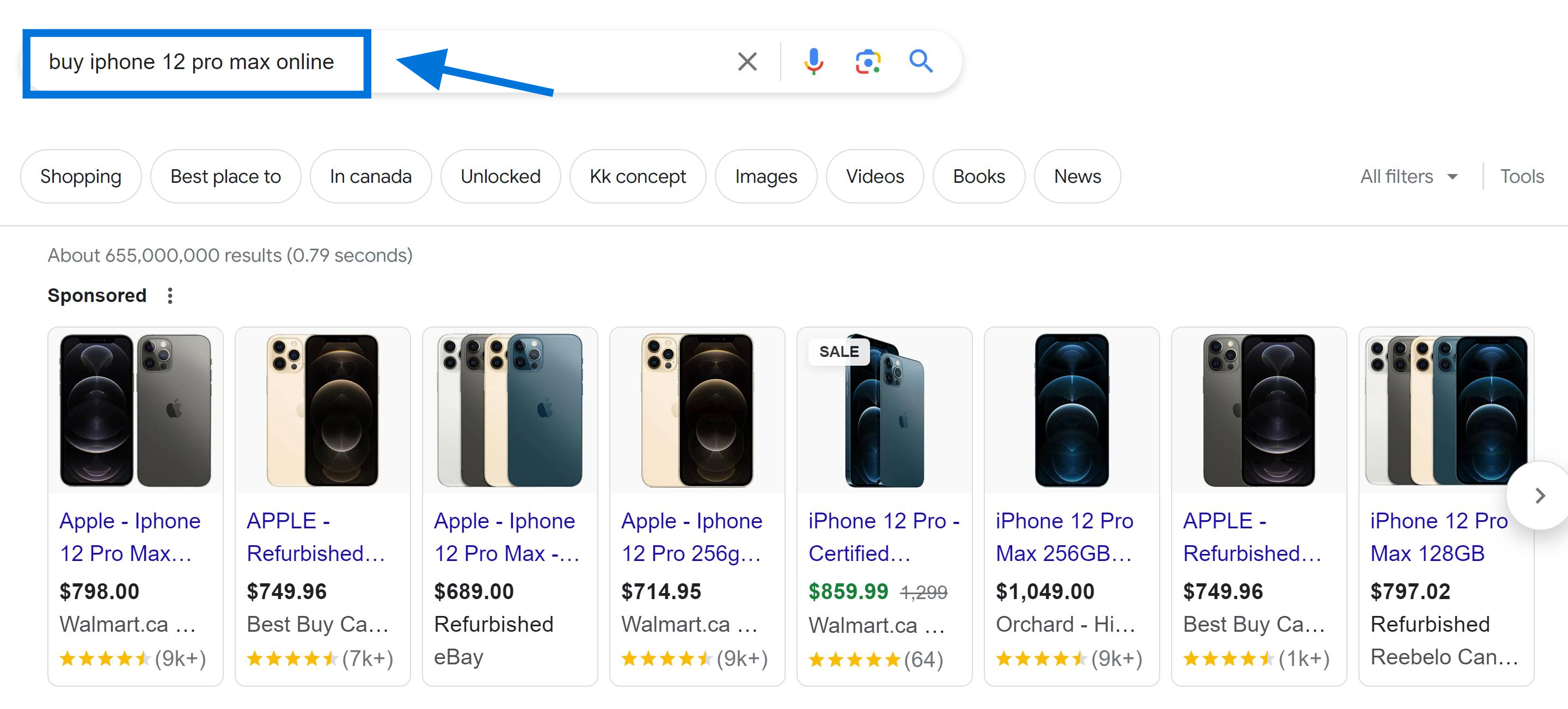
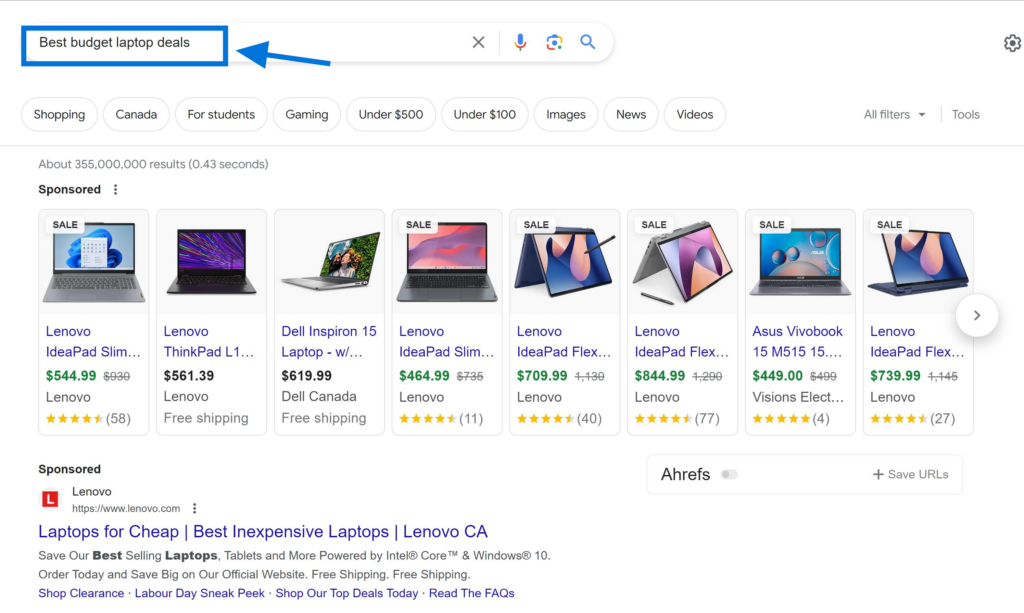
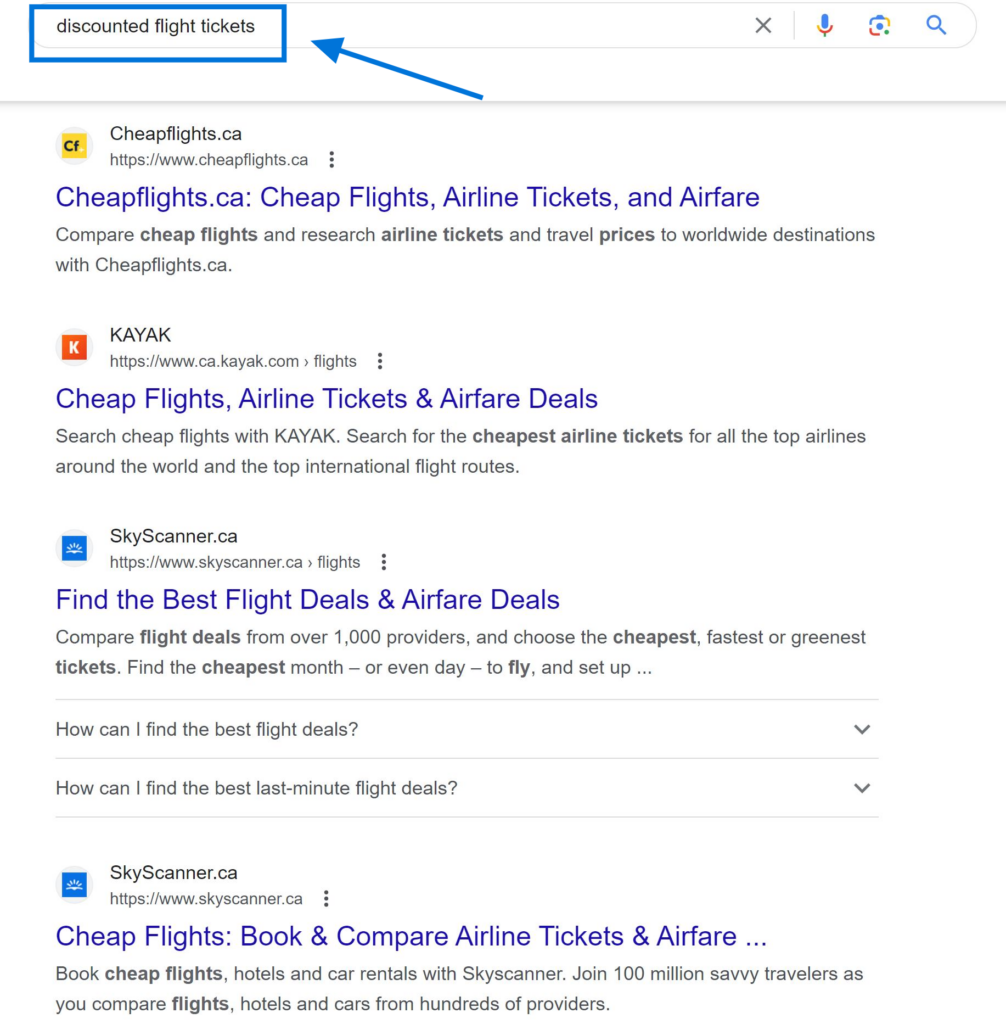
These examples demonstrate how transactional keywords indicate clear intent from users who are ready to make a purchase or take immediate action.
By understanding the mindset behind these searches, businesses can tailor their marketing efforts accordingly.
E-commerce Optimization
In the world of e-commerce, transactional keywords hold immense value.
Online retailers can leverage these keywords to optimize their product listings, category pages, and overall website structure.
By incorporating relevant transactional terms into titles, descriptions, and metadata, e-commerce websites increase their visibility on search engine results pages (SERPs) when users search for those specific products.
Moreover, using transactional keywords strategically within e-commerce platforms enables better internal linking between related products and categories. This enhances user experience by guiding visitors smoothly through the conversion funnel, ultimately leading to increased sales and revenue.
Increasing Conversion Rates
Effective utilization of transactional keywords can significantly impact conversion rates.
By aligning content with the specific search queries of high-intent users, businesses increase the likelihood of converting those users into customers.
To maximize conversion rates through transactional keywords:
- Conduct thorough keyword research to identify relevant transactional terms.
- Optimize landing pages and product descriptions with targeted keywords.
- Incorporate compelling calls to action that prompt users to take action.
- Implement A/B testing to refine and improve keyword targeting for better conversions.
By following these steps, businesses can create a seamless experience for users searching with transactional intent, increasing the chances of turning them into loyal customers.
Identifying Transactional Keywords in Your Niche
Conducting keyword research is an essential step in any successful SEO strategy. Proper keyword research helps you understand the language your target audience uses when searching for products or services.
One crucial aspect of keyword research is identifying transactional keywords, which are search terms that indicate a user’s intent to make a purchase or engage in a specific action.
To uncover relevant transactional keywords, you can employ various techniques and tools. Let’s explore some effective strategies:
Analyzing Competitor Strategies
Analyzing your competitors’ websites and content can provide valuable insights into potential transactional opportunities.
Look for keyword phrases they use that indicate commercial intent. These could be terms like “buy,” “shop,” or “order.”
By understanding what keywords your competitors are targeting, you can gain inspiration for your own strategy.
Utilizing Keyword Research Tools
Keyword research tools are invaluable resources. These tools allow you to discover search terms that have high commercial intent and receive significant organic traffic. Some popular keyword research tools include Google Keyword Planner, SEMrush, and Ahrefs.
When using these tools, focus on finding commercial keywords related to your niche. These are terms that people typically use when they are ready to make a purchase.
For example, if you run an online shoe store, relevant transactional keywords might include “buy running shoes” or “discounted sneakers.“
Understanding User Behavior Patterns
Understanding how users behave when searching for products or services can help you identify transactional keywords more effectively. Pay attention to the types of search queries users enter during their buying journey.
Users often start with informational searches to gather information about a product or service before moving on to navigational queries when they want to find specific brands or websites.
Finally, they perform transactional searches indicating their readiness to make a purchase.
By recognizing these patterns and tailoring your content accordingly, you can optimize your website to attract users at different stages of the buying process.
Uncovering Valuable Search Queries
In addition to traditional keyword research, you can also uncover valuable transaction-focused search queries by analyzing organic search data and user behavior.
Look for patterns in the search terms that drive organic traffic to your website. These search queries can provide insights into the specific needs and desires of your target audience.
Consider incorporating long-tail keywords into your content strategy as well.
Long-tail keywords are more specific, often indicating a higher level of purchase intent. For example, instead of targeting “laptops,” you might focus on “best gaming laptops under $1000.“
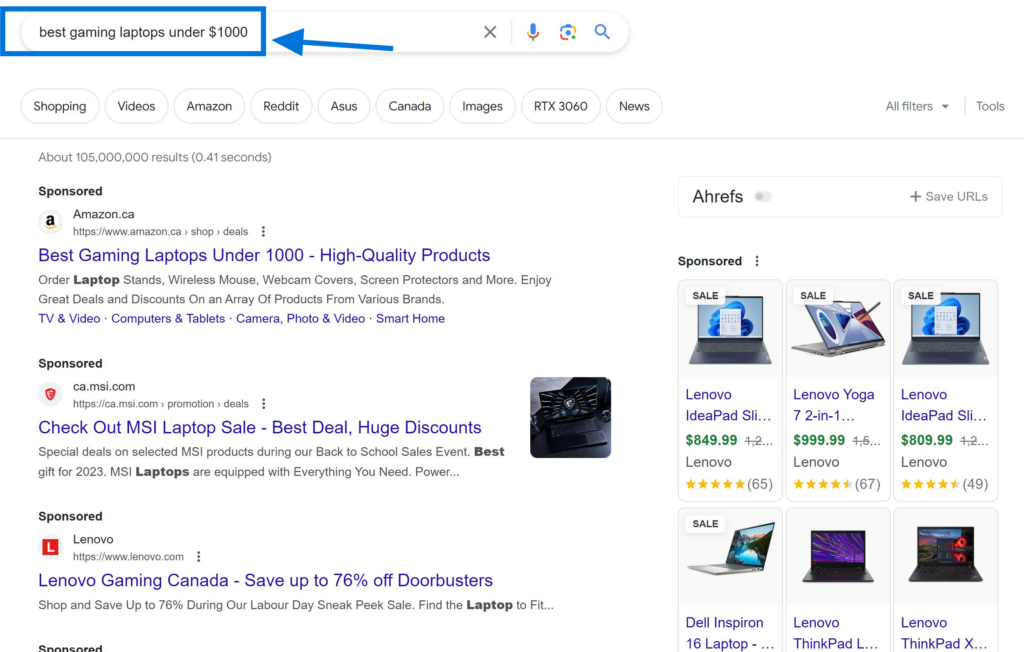
Identifying transactional keywords is crucial for driving relevant traffic and conversions to your website.
By conducting thorough keyword research, analyzing competitor strategies, utilizing tools, understanding user behavior patterns, and uncovering valuable search queries, you can optimize your content marketing efforts to capture the attention of potential customers in your niche.
Now that we have explored various strategies for identifying transactional keywords, let’s move on to implementing them effectively in our SEO strategy.
Additional FAQs on Transactional Keywords
How Do I Find Transactional Keywords for My Business?
To find transactional keywords for your business, start by brainstorming words or phrases that potential customers might use when they are ready to make a purchase.
You can also use keyword research tools like Google Keyword Planner or Ahrefs to discover relevant transactional keywords in your industry.
Should I Focus Only On Transactional Keywords in My SEO Strategy?
While transactional keywords are important for driving conversions, it’s crucial to have a balanced SEO strategy that includes informational and navigational keywords as well.
Informational keywords help attract visitors at the top of the sales funnel, while navigational keywords assist users in finding specific websites or brands.
How Can I Optimize My Website for Transactional Keywords?
To optimize your website for transactional keywords, ensure that relevant search terms are included in your page titles, meta descriptions, headings, and throughout the content itself.
Create compelling calls to action and provide clear product or service information to encourage conversions.
Can Transactional Keywords Work for Local Businesses?
Yes, transactional keywords can be highly effective for local businesses.
By incorporating location-specific terms into your transactional keyword strategy, you can attract customers who are actively seeking products or services in their area.
How Long Does It Take to See Results from Targeting Transactional Keywords?
The time it takes to see results from targeting transactional keywords can vary depending on various factors such as competition, website authority, and the quality of your content.
However, with consistent effort and optimization, you should start seeing improvements in search rankings and conversions within a few weeks to months.
Conclusion: The Significance of Transactional Keywords
In conclusion, transactional keywords play a crucial role in driving conversions and attracting customers ready to make a purchase.
By targeting these keywords, you can optimize your website and content to capture the attention of potential buyers who are actively seeking to fulfill their needs or solve a problem.
Whether you’re an e-commerce store, service provider, or affiliate marketer, understanding the significance of transactional keywords is essential for maximizing your online success.
Start by conducting thorough keyword research to identify transactional keywords specific to your niche. Once you have a list of targeted keywords, optimize your website and create high-quality content that aligns with these search terms.
Remember to provide valuable information and address customer pain points throughout the buyer’s journey.
By implementing these strategies and consistently monitoring your results, you’ll be well on your way to increasing conversions and growing your business.
